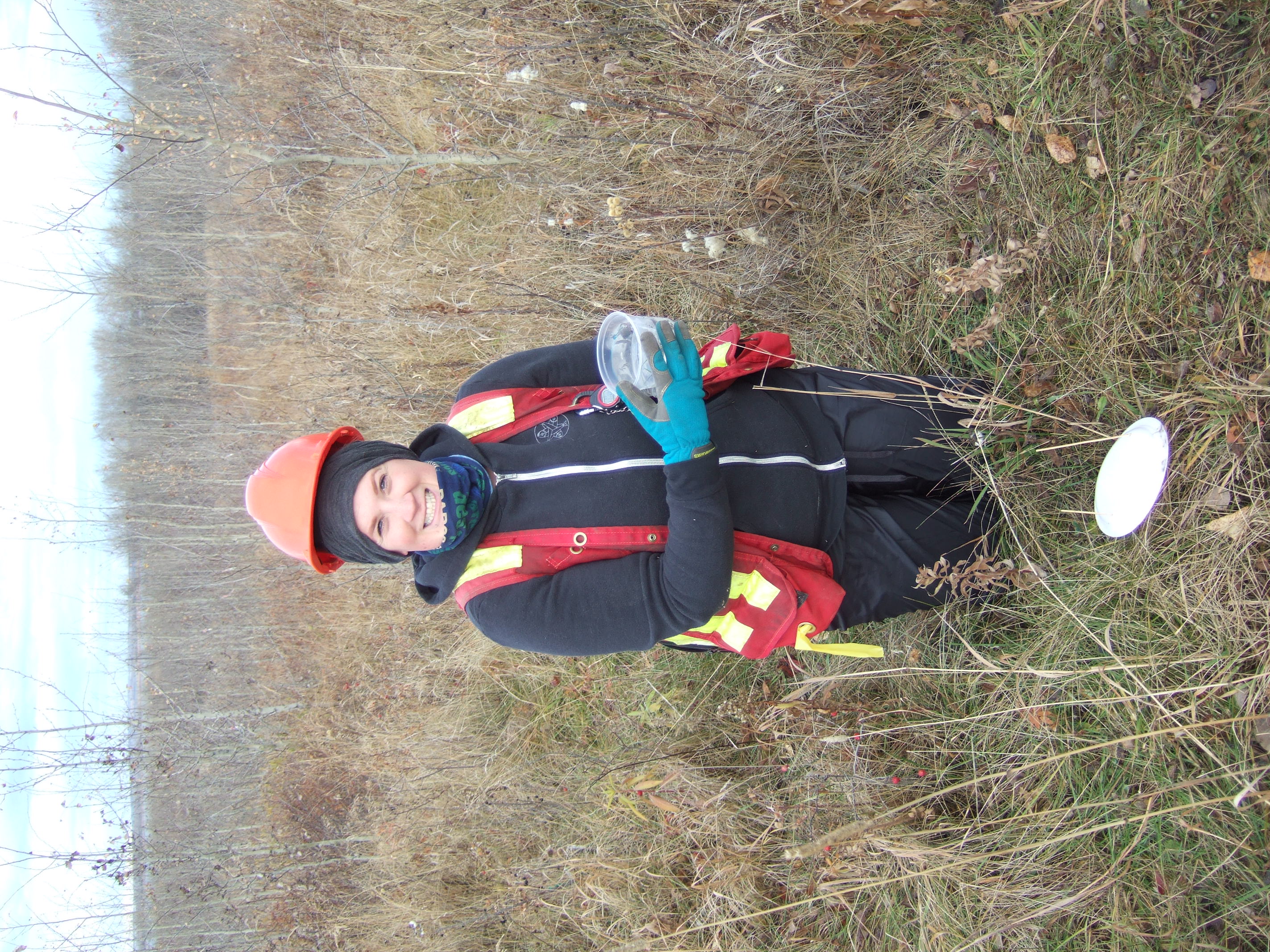
Loading…

Tags
Select the Use button to add a tag to the body of your email. You may also use tags in the subject of your email by copying and pasting them directly in.
| {FIRST_NAME} | Adds the recipients First Name. | Use |
| {LAST_NAME} | Adds the recipients Last Name. | Use |
| {COMPANY_NAME} | Adds the Company Name. | Use |
| {PORTAL_NAME} | Adds the application portals name. | Use |
| {MEMBER_NAME} | Adds the Recipients Membership name. | Use |
| {SIGNATURE_OPT_IN} | Adds the Opt-in link. | Use |
| {SIGNATURE_OPT_OUT} | Add the opt-out link. | Use |
| %signature% | Adds your preferred signature block. | Use |
| {Event_Start_Date} | Adds the Event's Start Date.(Events Only) | Use |
| {Event_End_Date} | Adds the Event's End Date.(Events Only) | Use |
| {Event_Name} | Adds the Event's Name.(Events Only) | Use |
| {Event_Description} | Adds the Event's Description.(Events Only) | Use |
| {Online_Training_Description} | Adds the Online Training Description.(Online Training Only) | Use |
| {Event_Specific_Dates} | Adds the Event's specific dates.(Events Only) | Use |
| {member_number} | Adds the Membership Number. | Use |
| {MemberSince} | Adds the Member Since Date. | Use |
| {CONTACTEMAIL} | Adds the Contact's Email Address. | Use |
| {CERTIFICATE_NUMBER} | Adds the Contact's Certificate Number | Use |
| {EVENTLOCATION} | Adds the Event's Location. | Use |
| {TOTALEVENTCREDITS} | The total number of credits that the contact has earned through the event tickets. | Use |
| {ASAPPEARSONBADGE} | Display the text of as appears field in the event setup. | Use |
| {contact_organization} | Displays the organization name of the contact. | Use |
| {RENEWALDATE} | Adds the Member Renewal Date in (yyyy-mm-dd). | Use |
| {MEMBERSHIP_YEAR} | Adds the Member's Membership Year | Use |
| {RENEWALDATE_MM-DD-YYYY} | Adds the Member Renewal Date in (mm-dd-yyyy). | Use |
| {LMS_CREDIT} | The number of credits the LMS course is worth for Continuing Education | Use |
| {COLLECTION_PERIOD_END-DATE_YYYY_MM_DD} | The end date of the CE collection period end date | Use |
| {LMS_COURSE_COMPLETION_DATE} | The completion date of the LMS course | Use |
| {INCEPTION_DATE} | Adds the Member Inception Date in (yyyy-mm-dd). | Use |

Description
Our planet as we know it is changing every single day. Natural resource exploration. Agricultural practices. The growing human footprint. Even natural disasters like forest fires and hurricanes are just a few examples of our environment is being damaged and degraded. We are losing critical habitat types and decreasing global biodiversity. There are two options when dealing with disturbed areas: we can leave it or try and fix it. The only way to fix it is through reclamation. Reclamation is the process of returning the affected area to something similar to what was there before.
When we monitor a damaged area, the current gold standard is to measure the soil and vegetation properties. This two-component approach fails to consider the complexity of an ecosystem, and research has shown that it lacks the sensitivity needed for an effective indicator. Soil invertebrates are the solution. Soil invertebrates include worms, insects, mites. They will allow for more effective and efficient reclamation monitoring. How? They are sensitive to fertilizers, changes in vegetation, and management practices. They are directly linked to ecosystem health, stability, and shorter reclamation timelines.
In my innovative research, I am identifying critical soil invertebrate groups in undisturbed and damaged areas actively being reclaimed. My research is not only ground-breaking, but I am breaking literal ground and it will allow me to develop an early detection system. This can be used by various stakeholders to identify problem areas, introduce early course correction, and optimize efforts in damaged areas being reclaimed. We owe it to future generations to take care of our planet, there is no planet B.
Stephanie Ibsen likes to refer to themselves as the scientist that Edmonton built. Stephanie completed their undergraduate at MacEwan University before continuing on to the University of Alberta for graduate school. Stephanie is currently working on their Ph.D. in Land Reclamation and Remediation and loves random fun facts. Like did you know that more than 90 percent of all living animal species are invertebrates? Yet people know so little about them! In addition to soil invertebrates, this talk will teach you all about soil, plants, and the science behind land reclamation. Our planet is being damaged, and this earth doctor is prescribing some creepy crawlers.
This online speaker series is presented in partnership with Future Energy Systems. Future Energy Systems was launched in 2016 with $75 million from the Government of Canada’s Canada First Research Excellence Fund, to help Canada transition to a low net-carbon energy economy. They focus on multidisciplinary research that develops the energy technologies of the near future, integrates them into today’s infrastructure, and examines possible consequences for our society, economy, and environment. They also contribute to the development of solutions for challenges presented by current energy systems. Energy Talks provides an opportunity for you to engage with researchers and learn more about their work. Visit their website for more information.
Online registration is required for this meetup. A Zoom link will be sent out a few days beforehand.
Disclaimer: Zoom, a third-party app, will be used for this virtual session. By joining, you acknowledge that EPL does not take responsibility for Zoom's privacy policies and practices.
Energy Talks - Small But Mite-y: The Role of Soil Invertebrates To Measure Ecosystem Recovery
- Wednesday Mar 24 2021, 7:00 PM - 8:30 PM
-
Canada
Personal information:
Personal information is collected on this website only when you voluntarily submit it by, for example, registering for the website, or updating your user profile. We respect the privacy of your personal information. Any collected personal information will not be shared, sold, or disclosed to any person or party, and will only be used within to communicate our news, events, and other services with you.
Information collected from your computer or other electronic device:
We may also collect information about your online activities and your computer or other electronic device when you visit this website. This information may include your Internet Protocol (IP) address, domain name, browser type, date and time of your request and information provided by tracking technologies, such as cookies. This information does not identify any individual. We may also use tracking devices to identify websites that you visit before and after this website. This tracking helps us to understand our users better and to improve our website and the information it provides and to maintain and administer the website. This tracking does not involve the collection of personal information.
Access and choice:
Keeping your information accurate and up-to-date is important so we can provide you with helpful information and services. You may update, correct, or delete personal information by modifying your user profile. You can choose not to receive information about specific produts and services, or any other promotional materials, from us by direct mail and/or e-mail at any time by modifying your communication preferences also located in your user profile.
Links to other websites:
Wem may provide links to third-party websites. We are not responsible for and cannot control the privacy practices of those other sites. Those sites will have their own privacy policy which may be different from this privacy policy. Please check the privacy policy for each site you visit.
Changes to the privacy policy:
We reserve the right to revise this privacy policy at any time. You will be notified of any significant changes made herein.
Unless otherwise specified, event registration refunds are subject to a 25% administrative fee. Each event will have a date beyond which refunds will not be honoured.
Membership payments are non-refundable.
By completing purchases with us you agree to have your Credit card and personal information securely stored as part of a payment profile within a 3rd party payment gateway. This securely stored payment profile will be used, when authorized, for automated recurring payments and will allow for easier and faster checkouts. No credit card information is stored within Member365 and all payment data is accessed by way of a secure API. Under no circumstances do we share credit card or personal details.
Who can access the CLRA member portal?
Please note that the CLRA member portal is to be used by members of CLRA only. Certain workspaces within the member portal will be tailored for and restricted to certain membership types; access to these areas will be determined and approved by CLRA staff. The Content that is displayed in your member portal will automatically vary based on your user / membership type.
What can be posted?
To ensure all interactions within the CLRA member portal are safe and friendly, CLRA staff will oversee the member portal activity and will review, edit, and delete any inappropriate content that has been submitted. This includes abusive or offensive language, spam, malicious files, or other disrespectful contact. To help provide a productive environment, please report any offensive or suspicious activity to CLRA staff. Please note that not all user-submitted content is representative of CLRA , nor does it necessarily represent the views of CLRA , its staff or members.

